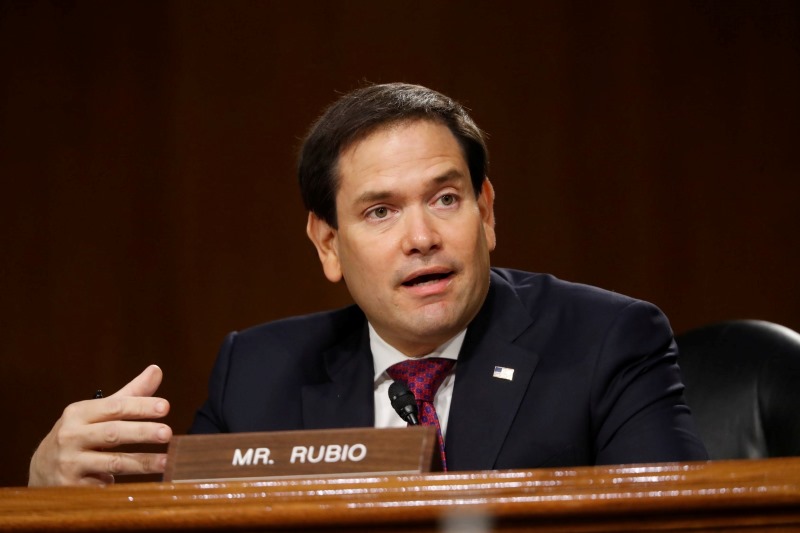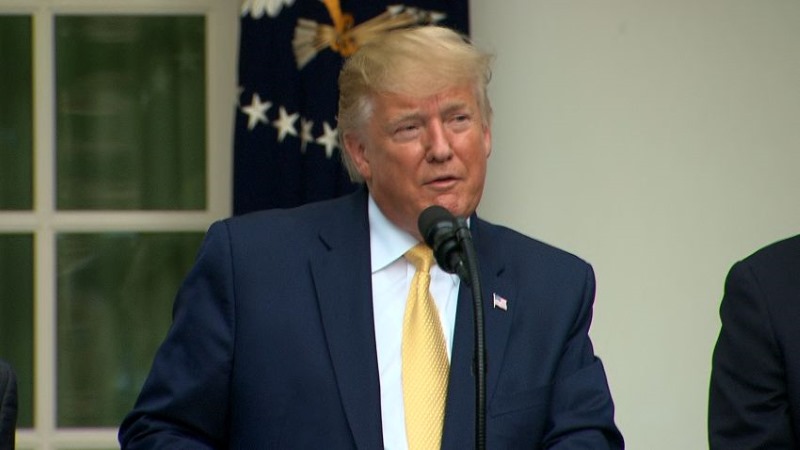U.S. News
Trump’s Executive Order on Birthright Citizenship Sparks Nationwide Legal Challenges
President Trump’s directive to terminate birthright citizenship has ignited intense legal battles, questioning its alignment with the 14th Amendment. Civil rights groups and 18 states argue that the order undermines constitutional guarantees and unfairly burdens local governments by threatening federal healthcare funding.
Violations of the 14th Amendment
Advocates argue the policy contradicts the 14th Amendment, which guarantees citizenship to individuals born in the U.S. Experts emphasize that altering this principle would require a constitutional amendment, a challenging political hurdle. Changing such a fundamental principle would likely face strong opposition and legal challenges. Altering birthright citizenship without amending the Constitution seems politically and legally unfeasible.
Enforcement Challenges
The administration plans to enforce the order by withholding critical documents, including passports, from affected individuals. Despite established legal precedents, this approach raises significant concerns about its feasibility and fairness. The logistical framework for implementing the policy remains ambiguous, complicating its potential execution. Additionally, the legal foundation supporting such enforcement continues to face scrutiny and challenges.
Strategic Judicial Calculations
Trump aides aim to fast-track this policy, leveraging anticipated legal disputes to exploit conservative judicial advantages. Critics view this approach as a political strategy rather than a genuine policy shift.

Marco Rubio Faces Crucial Senate Confirmation Hearing for Secretary of State
President-elect Donald J. Trump’s nominee for Secretary of State, Senator Marco Rubio, will testify before the Senate Committee…
Historical and Societal Parallels
Opponents draw comparisons to the Chinese Exclusion Act, highlighting its reversal through the 1898 Wong Kim Ark case. Furthermore, critics argue that such historical parallels underscore the potential injustice of this policy. Consequently, they warn about the long-term ramifications for already marginalized communities. Ultimately, they stress that these impacts could deepen social divisions and erode fundamental principles of equality.
Impacts on Families and Communities
The proposed policy would disproportionately affect millions of children with undocumented parents and mixed-status families. It intensifies debates over immigration and constitutional interpretation, exposing deep ideological divisions.
Threats to Democratic Foundations
Legal experts and advocates caution that ending birthright citizenship could destabilize democratic principles and redefine American identity. As legal challenges advance, the policy’s fate may profoundly reshape the nation’s civil liberties and immigration framework.


